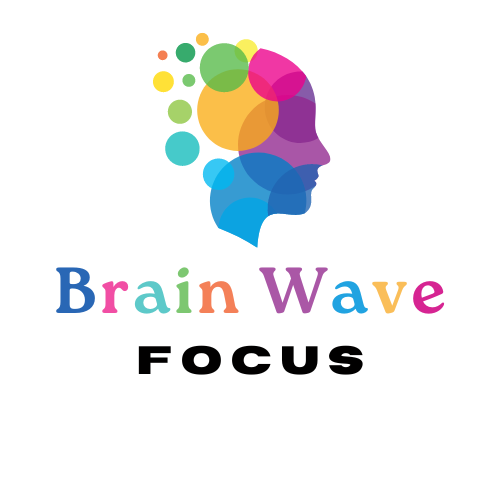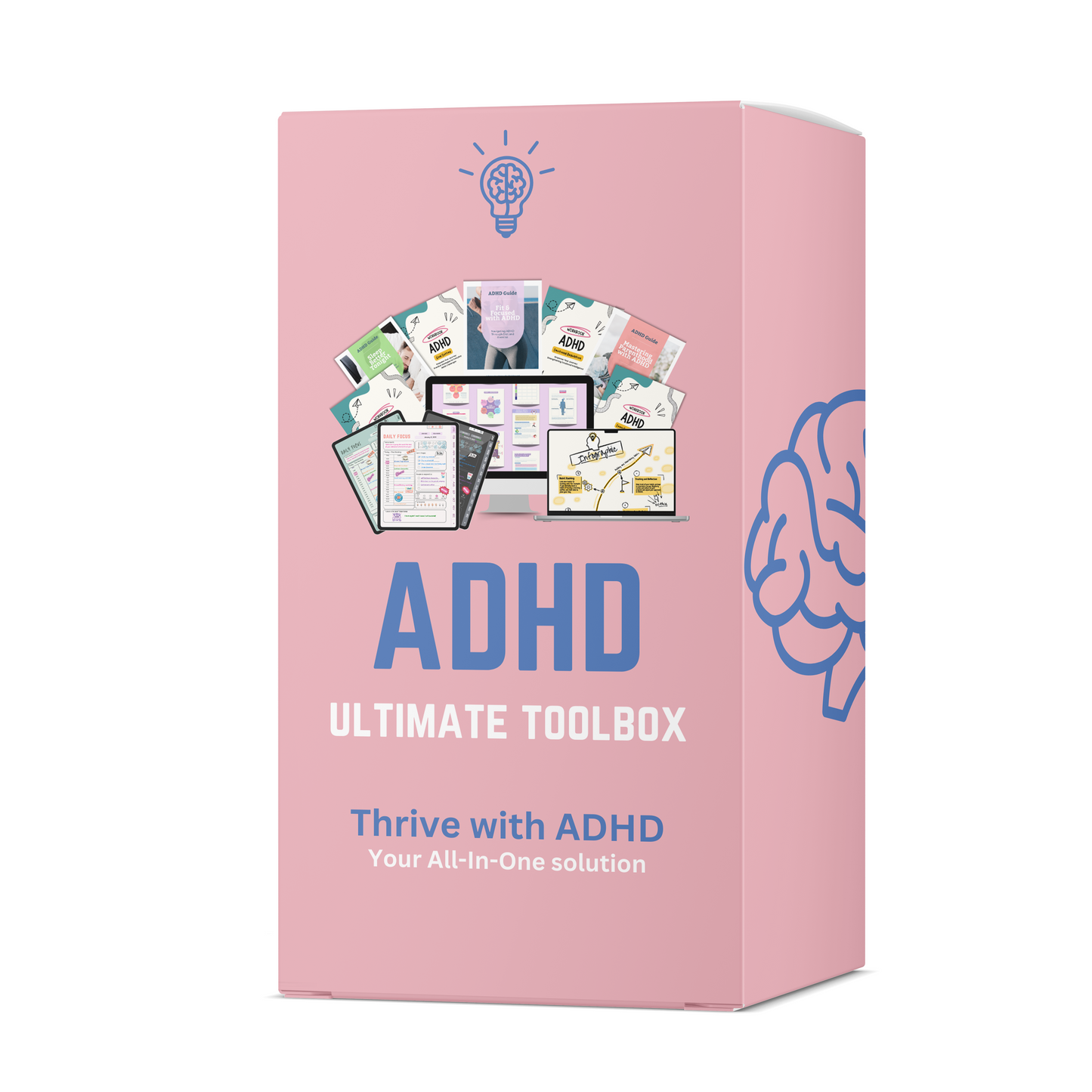Parenting is an incredible journey filled with joys and challenges. When you have a child with Attention Deficit Hyperactivity Disorder (ADHD), effective communication becomes even more crucial. ADHD can bring unique communication hurdles, but with patience, understanding, and some proven strategies, you can foster a healthy and productive dialogue with your child. In this blog, we'll explore tips for talking to ADHD kids to strengthen your connection and support their development.
Understanding ADHD Communication Challenges
Before diving into the strategies, it's essential to grasp the specific communication challenges often associated with ADHD:
- Inattention: Children with ADHD may have difficulty maintaining focus during conversations, leading to missed details and misunderstandings.
- Impulsivity: Impulsivity can manifest as interruptions or blurting out thoughts, which can disrupt conversations and hinder active listening.
- Emotional Regulation: Emotional dysregulation can result in heightened emotional reactions during conversations, making it challenging to have calm discussions.
Effective Strategies for Communicating with ADHD Kids
- Be an Active Listener:
- Pay close attention when your child is speaking. Maintain eye contact, nod, and use verbal cues like "I see" or "Tell me more." This conveys that you value their thoughts.
- Simplify and Clarify:
- Keep your language clear and straightforward. Break down complex instructions or discussions into smaller, manageable parts to prevent overwhelm.
- Use Visual Aids:
- Visual aids, such as charts, schedules, or drawings, can enhance understanding and help your child stay on track.
- Practice Patience:
- Understand that ADHD kids may require more time to process information and respond. Give them the space they need to collect their thoughts.
- Set Clear Expectations:
- Establish clear expectations for behavior during conversations, such as taking turns speaking and using respectful language.
- Positive Reinforcement:
- Use positive reinforcement, like praise or small rewards, to encourage active listening and cooperative communication.
- Chunk Information:
- Instead of overwhelming your child with a long list of instructions or information, provide it in small, digestible chunks.
- Establish Routines:
- Consistent routines can create a sense of predictability and help your child understand when important conversations will occur.
- Validate Emotions:
- Acknowledge your child's feelings and emotions during conversations. Let them know that it's okay to feel a certain way, and you're there to support them.
- Create a Quiet Space:
- Minimize distractions during important conversations. Find a quiet, comfortable space where you can talk without interruptions.
- Encourage Self-Expression:
- Encourage your child to express themselves through writing, drawing, or other creative outlets if verbal communication is challenging for them.
- Model Effective Communication:
- Be a role model for effective communication by demonstrating active listening, using appropriate language, and managing your emotions.
- Seek Professional Guidance:
- If you're facing persistent communication challenges with your ADHD child, consider seeking the guidance of a pediatrician, therapist, or counselor who specializes in ADHD.
Conclusion: Building Strong Connections
While communicating with ADHD kids may present unique challenges, it's important to remember that your efforts play a crucial role in building a strong parent-child relationship. By employing these strategies and maintaining patience and understanding, you can create a nurturing environment where your child feels heard, valued, and supported as they navigate their ADHD journey. Effective communication is the key to unlocking their potential and fostering their growth.



















